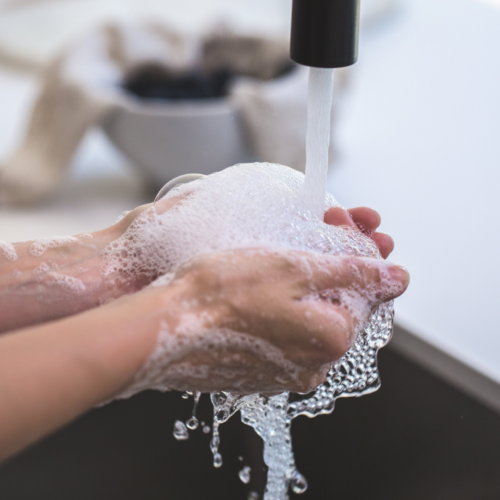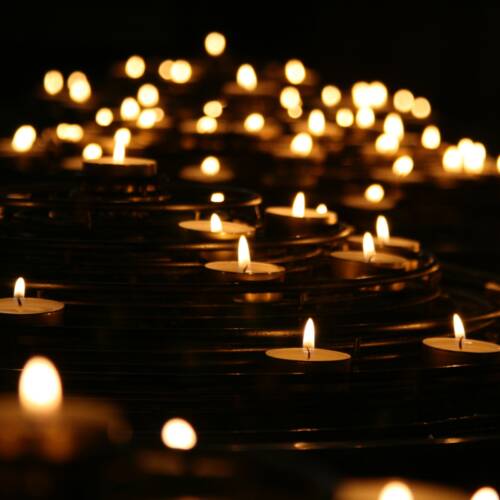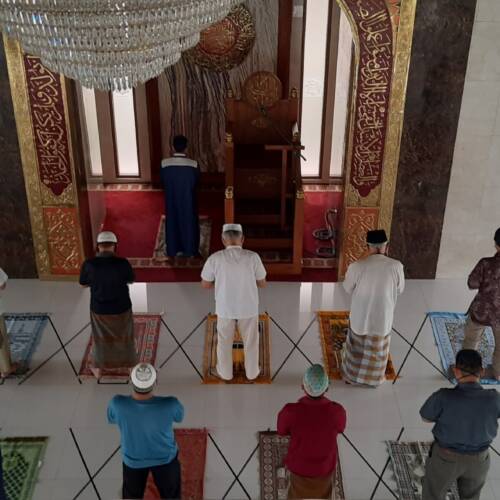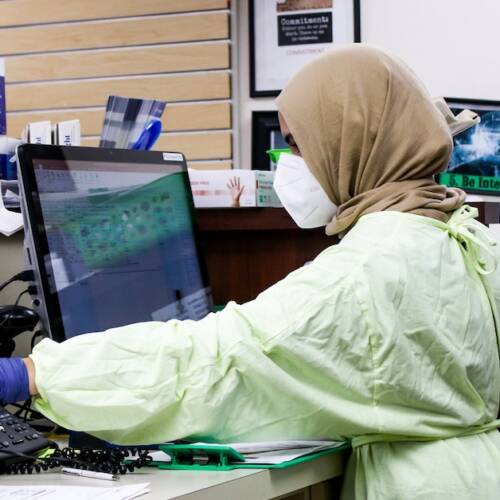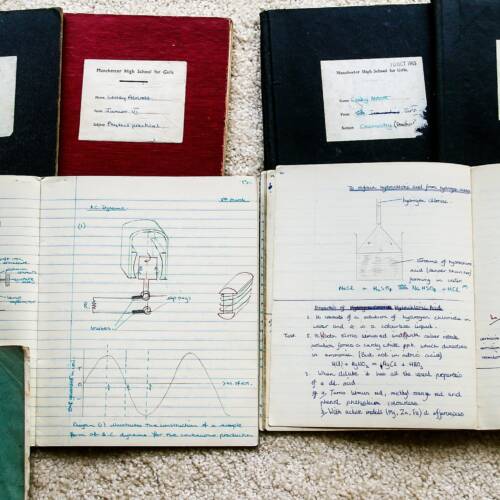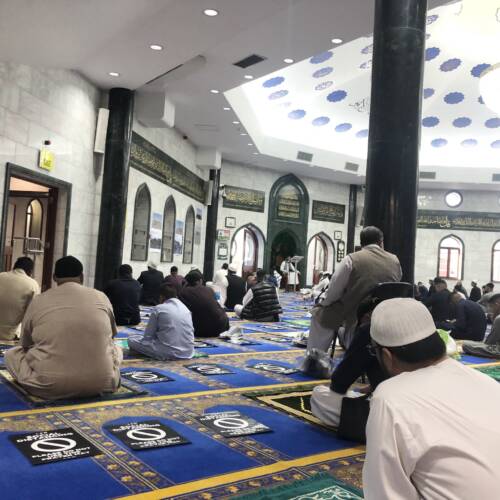
4 Islamic Inventions Leading The Global Battle Against Coronavirus
08 Apr 2020As cases of COVID-19 reach their peaks in Europe (and pretty much everywhere else in the world), it’s important to slow down a little and reflect on what’s been vital in keeping the vast majority of us safe. Four inventions that originate from the Islamic world – quarantine, alcohol, soap and hospitals (…yes, hospitals) – have led the fight against the coronavirus pandemic.
In the midst of all the panic, governments all around the world have enforced and encouraged various practices, and made use of inventions that have been developed by Muslim scientists throughout history.
1. Quarantine, by Ibn Sina
Ibn Sina, a Persian Muslim polymath, first developed the method “al-Arba’iniya” – the fortieth – which was a 40-day form of quarantine to prevent the spread of contagious diseases. The method was published in his medical encyclopaedia, titled “The Canon of Medicine”, and has since been used to prevent the spread of infectious diseases across the Islamic world.
The method proved effective and was later used by Europeans and translated to “quarantena” in early Venetian language. During the Black Death plague of the 14th and 15th century, the method was implemented in some parts of Europe, including Venice. The term “quarantine” now refers to all forms of isolation against disease and has survived till today.
Quarantine has been considered as one of the most effective ways to limit the spread of coronavirus. Almost all countries have national lockdowns to reduce the number of cases.
2. Soap, by Al Razi
In a similar fashion, hand-washing and the importance of the use of soap have been drilled into all our minds by health officials since the onset of this pandemic. Since the beginning of the spread of COVID-19, the World Health Organisation published reports on the importance of washing hands with soap as a way to prevent the disease.
Bathroom soap bars like the ones we use today, also date back to the 10th century Middle East, during what was called the ‘Islamic Golden Age’.
The recipes for soap-making were developed by the Persian Muslim physician, alchemist and philosopher Abu Bakr Muhammad Ibn Zakariya Al Razi, known as Rhazes or Rasis. The production of the soaps dates back to the 13th century, in the Middle Eastern and North African cities of Fez, Nablus, Damascus, and Aleppo. Syria was notably one of the principal exporters of soap to the rest of the Islamic World, and Europe.
3. Medical Alcohol, by Al Razi
The third invention is none other than medical alcohol. Yes, alcohol distillation dates back to as early as 2000 BCE in the Indus Valley Civilization, but its first use as a disinfectant was during the Islamic Golden Age.
The demand on medical alcohol has greatly increased since the start of the pandemic. I was definitely one of the people who looked everywhere for alcohol-based hand-gels, only to find out they had sold out in supermarkets across the world.
It was also Al Razi who made this discovery and published it in his medical encyclopaedia “Al Hawi” – “The Comprehensive Book on Medicine”. Here, he describes the antiseptic properties of alcohol and its effectiveness on wounds.
The method was first implemented in the first hospital in Baghdad, and with the increasing survival rates of patients undergoing surgery, soon spread across the Islamic world. Europeans later adopted the original Arabic name of “al-Kuhul” and adopted a similar method in hospitals. Which brings me to the next point…
4. Hospitals, by a vizier in Baghdad
Where would we be today without hospitals? Take a moment.
The first hospital was established in Baghdad in 805AD. Although places for the sick have been around since antiquity, most were very basic, and simply acted as care structures for holding ill people. In early Medieval Europe, the prevalent philosophical belief about illnesses was that they were supernatural, and therefore incurable by human intervention. This meant hospitals were more like what we would call hospices today. Little effort was made to cure the illness, and instead, monks would tend to patients to assure their soul’s salvation.
However, numerous ahadith (sayings) of the Prophet Muhammad (peace be upon him) such as “God never inflicts a disease unless He makes a cure for it,” and “God has sent down the disease and the cure, and He has appointed a cure for every disease, so treat yourselves medically,” guided Muslim physicians to take an entirely different approach: aiming to actually cure illness and restore people’s health through scientific means. And the invention of hospitals reflected this approach. Hospitals became a place where patients were treated for their diseases by learned physicians, as opposed to a place for prayer and worship.
Need I state how crucial hospitals have been in the battle against this pandemic?
So, in conclusion, you’re welcome world. We have the early Islamic civilisations to thank for the inventions keeping many of us safe.





